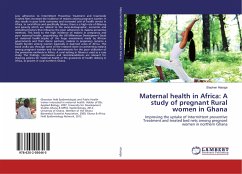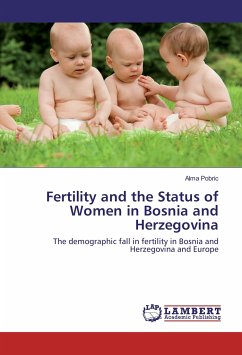Low adherence to Intermittent Preventive Treatment and Insecticide Treated Nets increases the incidence of malaria among pregnant women. It also results in poor birth outcomes and increased cost of health service in Africa. In rural Africa and specifically Ghana, there is a high rate of illiteracy and poverty which are related to the socio-demographic, economic and attitudinal factors that influence the poor adherence to malaria preventive methods. This leads to the high incidence of malaria in pregnancy and poor maternal health, jeopardizing the UN Millennium Development Goals on maternal health.Inspite of the huge investments made by African governments and their donor partners, malaria in pregnancy remains a health burden among women especially in deprived areas of Africa. This book walks you through some of the research done on preventing malaria among pregnant women and the determinants for the poor utilization of the preventive methods in Africa. A rural setting in Ghana isused as a case study. The findings, conclusions and recommendations are relevant for drawing policies for maternal health at the grassroots of health delivery in Africa, as proven in rural northern Ghana.
Bitte wählen Sie Ihr Anliegen aus.
Rechnungen
Retourenschein anfordern
Bestellstatus
Storno








